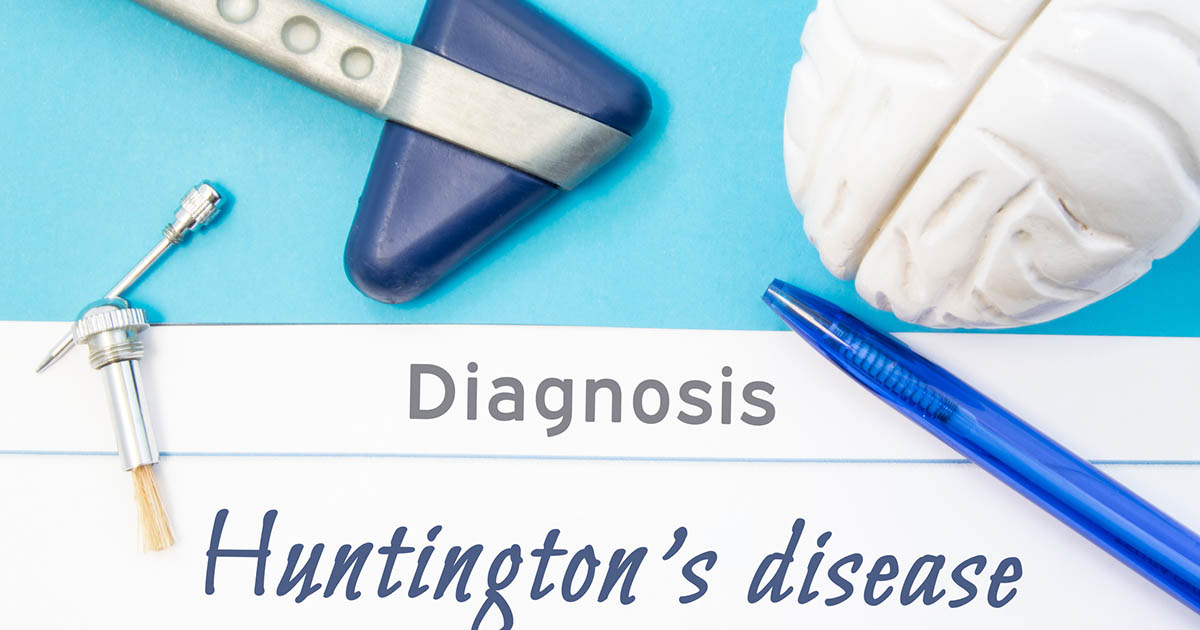Understanding Huntington's Disease
Diagnosis Of Huntington's Disease

A preliminary diagnosis of Huntington's disease usually includes a general physical exam, a review of the patient's family's medical history, and answers to a series of questions including psychiatric and neurological examinations. In a psychiatric evaluation, a psychiatrist may ask questions regarding the patient's emotional state, patterns of behavior, coping skills, quality of judgment, any signs of disordered thinking, and substance abuse.
A neurological examination may consist of a series of simple tests to judge motor, sensory, psychological and neuropsychological symptoms. A brain imaging scan and genetic testing for the defective gene may also be recommended. If Huntington's disease exists as part of the family's medical history, but the patient has no symptoms, a predictive genetic test may be done. The results of a genetic predictive test have no treatment benefit, but some individuals prefer to know whether they will have the disease rather than live with the stress of not knowing.
Medications To Treat Symptoms

There aren't any treatments that can change the course of Huntington's disease, but there are medications that can help manage symptoms. Medication regimens tend to change as the disease progresses. For movement disorders, the United States Food and Drug Administration (FDA) has approved tetrabenazine to suppress the jerking movements that occur. However, there is a risk of triggering or worsening psychiatric issues. Antipsychotic drugs like chlorpromazine and haloperidol can sometimes suppress movements as a side effect, but they may make involuntary contractions worse.
Other medications that might suppress chorea are levetiracetam, clonazepam, and amantadine. In high doses, amantadine might worsen the cognitive issues, levetiracetam can cause nausea and mood swings, and clonazepam might cause drowsiness or potential dependence. Common medications for psychiatric issues include antidepressants for depression and obsessive-compulsive disorder, antipsychotics for psychosis and mood disorders, and mood-stabilizing drugs to treat bipolar disorder.
